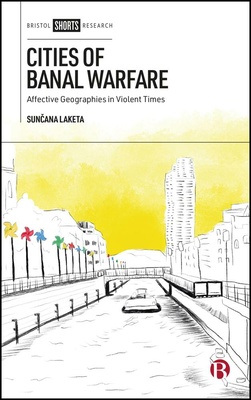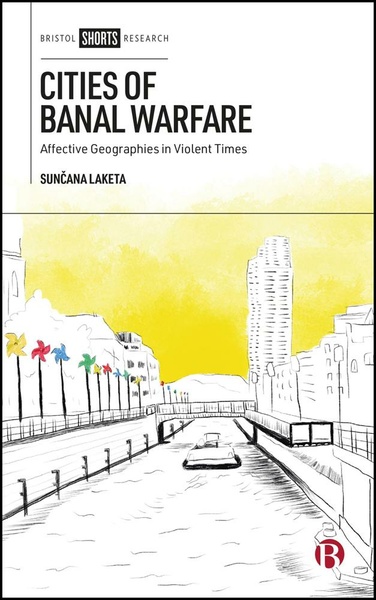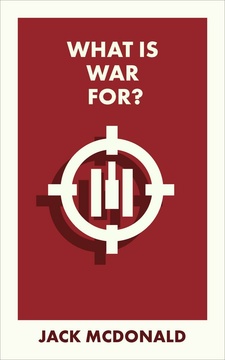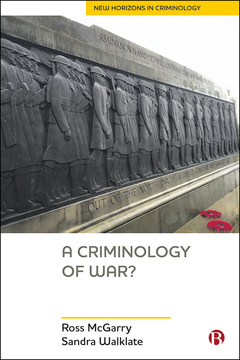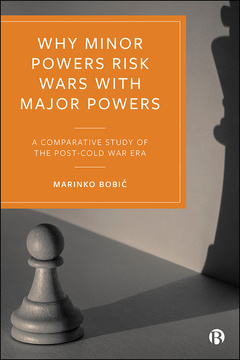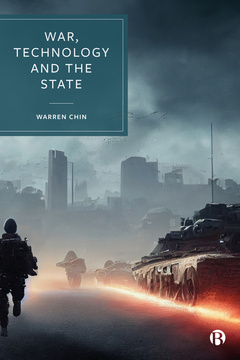Published
28 Feb 2025Page count
160 pagesISBN
978-1529250015Dimensions
203 x 127 mmImprint
Bristol University PressPublished
28 Feb 2025Page count
160 pagesISBN
978-1529242935Dimensions
203 x 127 mmImprint
Bristol University PressAvailable open access digitally under CC-BY-NC-ND licence.
‘Banal warfare’ describes the ways in which the vision of the city — ridden with conflicts, terrorist attacks and disease — infuses everyday urban life, to the point of becoming invisible.
This book analyses the impact of framing public emergencies and violences in Paris and Brussels as acts of war and how this normalizes militarism within urban contexts traditionally viewed as "non-war zones". It addresses how this process shapes urban governance agendas, constructs the notion of the “enemy within” and conditions everyday lives. From lockdowns to states of emergency, the book considers urban citizens’ agency and resistance, and how to re-think notions of urban peace.
Sunčana Laketa is an urban geographer and social psychologist engaged in research on social exclusion in European cities.
Prologue: War Spills Over
1. Reversing the Gaze, Rethinking Urban Conflict
2. Urban Warfare: From State of Emergency to Lockdown
3. Everyday Urban Landscapes as Battlescapes
4. Affective Atmospheres "On the Frontline"
5. Affective Unsettling of Urban Warfare
Conclusion: The Urbicidal Geographies of Cities of Banal Warfare







